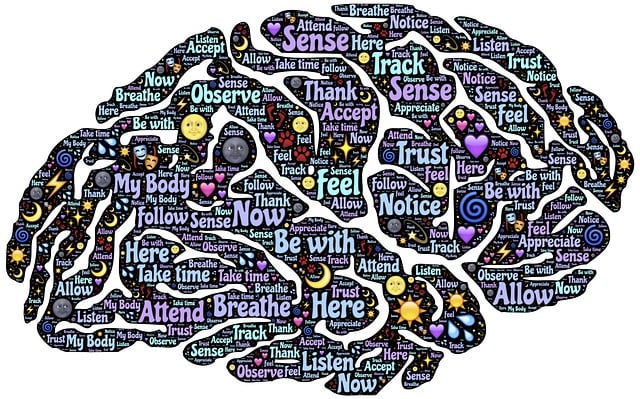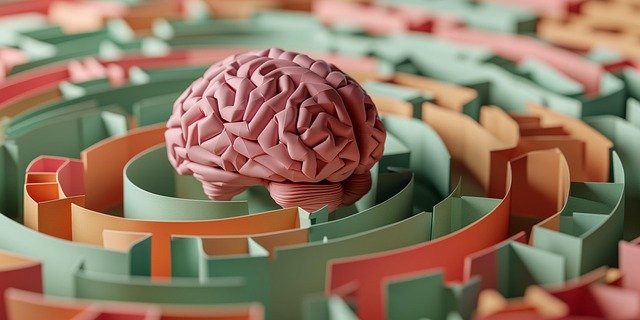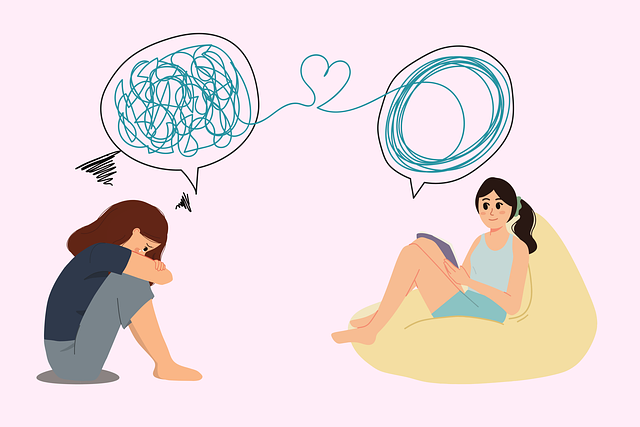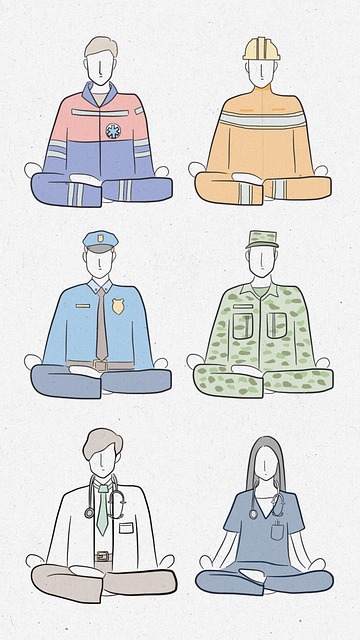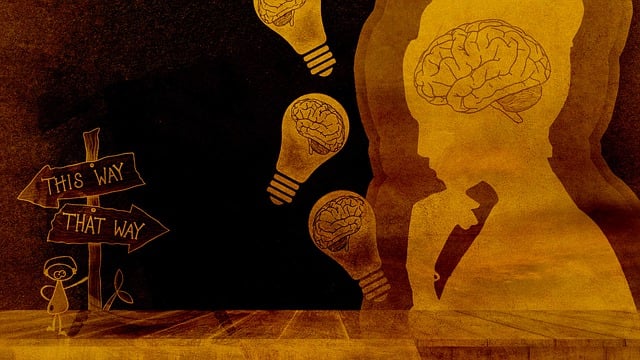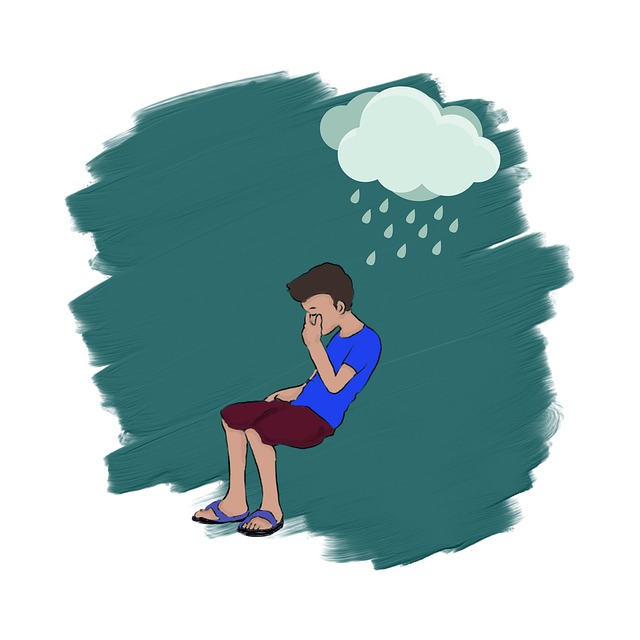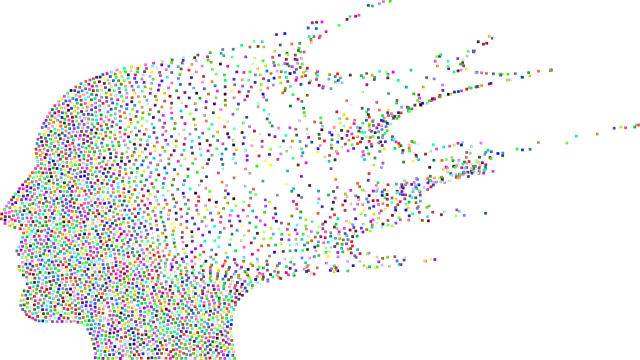Mental wellness is a critical aspect of aging, addressing challenges like loneliness and cognitive decline through tailored approaches such as therapy for elders and couples counseling. Effective self-assessment tools specific to these demographics, coupled with professional risk assessments, can early detect mental health issues, enabling interventions focused on stress management and self-esteem improvement. Incorporating dimensions from couples counseling into senior well-being assessments enhances mental health services by understanding the interconnectedness of older adults' lives, fostering stronger support systems and overall senior wellbeing.
Mental wellness self-assessment tools play a crucial role in addressing the unique needs of aging populations. As our society ages, understanding and prioritizing mental health becomes increasingly vital. This article explores the development of tailored assessment methods for seniors, focusing on therapy and counseling. We delve into the significance of recognizing mental wellness as an integral part of overall wellbeing, especially in older adults. By examining specific tools, from individual therapy assessments to integrating couples counseling, we aim to enhance senior citizens’ access to appropriate support.
- Understanding Mental Wellness and Its Relevance in Aging Populations
- Identifying the Need for Customized Self-Assessment Tools
- Designing Effective Therapy and Counseling Assessments for Elders
- Integrating Couples Counseling Dimensions into Senior Wellbeing Assessment
Understanding Mental Wellness and Its Relevance in Aging Populations

Mental wellness is a critical aspect of overall health, especially as populations around the world age. Recognizing and addressing mental health issues in older adults is increasingly important due to the unique challenges they face, such as loneliness, isolation, and chronic conditions. These factors can contribute to a decline in cognitive function, reduced quality of life, and increased vulnerability to various mental health disorders.
Aging populations often require tailored approaches to maintain their mental wellness, including therapy for elders and couples counseling for those who live with partners. Incorporating self-assessment tools designed for this demographic can help identify early signs of distress or emerging issues. For mental health professionals, a thorough risk assessment is essential to guide the development of these tools, ensuring they are effective in promoting stress management and self-esteem improvement among older individuals.
Identifying the Need for Customized Self-Assessment Tools

In today’s fast-paced world, mental wellness is a paramount concern, especially among older adults and couples navigating complex life transitions. While traditional therapy and counseling services play a vital role in supporting individuals’ emotional well-being, there’s a growing need for customized self-assessment tools that cater to diverse populations. Existing assessments often fail to account for the unique challenges faced by elders and couples seeking couples counseling. This gap highlights the importance of developing tailored instruments that facilitate comprehensive mental health evaluations.
By creating specific self-assessment tools, mental health professionals can more effectively identify risk factors and strengths within these populations. For instance, a customized assessment for older adults could incorporate questions about age-related concerns, social interactions, and coping strategies, thereby enhancing risk management planning. Similarly, a couples counseling self-assessment might explore dynamics, communication patterns, and individual as well as collective mental health needs, enabling targeted interventions and fostering healthy relationships. Such tools ultimately contribute to the development of effective inner strength development programs and stress management workshops, benefiting both individuals and organizations dedicated to promoting holistic mental wellness.
Designing Effective Therapy and Counseling Assessments for Elders

Designing effective therapy and counseling assessments for elders requires a nuanced approach that considers their unique needs and challenges. As people age, they often face different mental health concerns compared to younger adults, such as loneliness, depression, and cognitive changes. Therapy for elders should focus on tailored interventions that address these specific issues. For instance, incorporating mental wellness journaling exercises can help them reflect on their emotions and experiences, fostering a sense of purpose and connection.
Additionally, couples counseling plays a vital role in supporting older adults’ relationships, especially when facing life changes like retirement or health issues. Resilient couples often have strong communication skills, which can be enhanced through guided resilience-building techniques during therapy sessions. Furthermore, risk management planning is essential for mental health professionals to ensure they are prepared to address potential crises and provide timely support, particularly in an aging population where mental health concerns may go unnoticed or undiagnosed.
Integrating Couples Counseling Dimensions into Senior Wellbeing Assessment

Integrating dimensions from couples counseling into senior wellbeing assessments is a promising approach to enhancing mental health services for this demographic. Traditional therapy models often focus on individual experiences, but older adults’ lives are deeply intertwined with their partners and social networks. Incorporating aspects of couples counseling allows assessors to gain insights into these interconnections, which can be vital in understanding the complex web of influences impacting an elder’s mental wellness. By applying Mind Over Matter principles, mental wellness coaching programs development can be tailored to address not only individual concerns but also relationship dynamics that play a significant role in overall well-being.
This integrated approach recognizes that anxiety relief for elders doesn’t solely reside within them; it is often influenced by their support systems. Assessing the couple dynamic provides an opportunity to identify potential sources of stress or conflict, offering a more holistic view of mental wellness. Furthermore, it enables caregivers and healthcare professionals to develop targeted interventions that consider both individuals’ needs, fostering stronger relationships and enhancing overall senior wellbeing.
The development of customized mental wellness self-assessment tools is crucial in addressing the unique needs of aging populations. By understanding the relevance of mental health in this demographic and identifying specific requirements, we can create effective assessments like therapy for elders and couples counseling dimensions. These tools enable comprehensive evaluations, fostering better support and improved wellbeing for seniors. Integrating such practices ensures a holistic approach to senior care, recognizing the interconnection between mental and social aspects of life.

